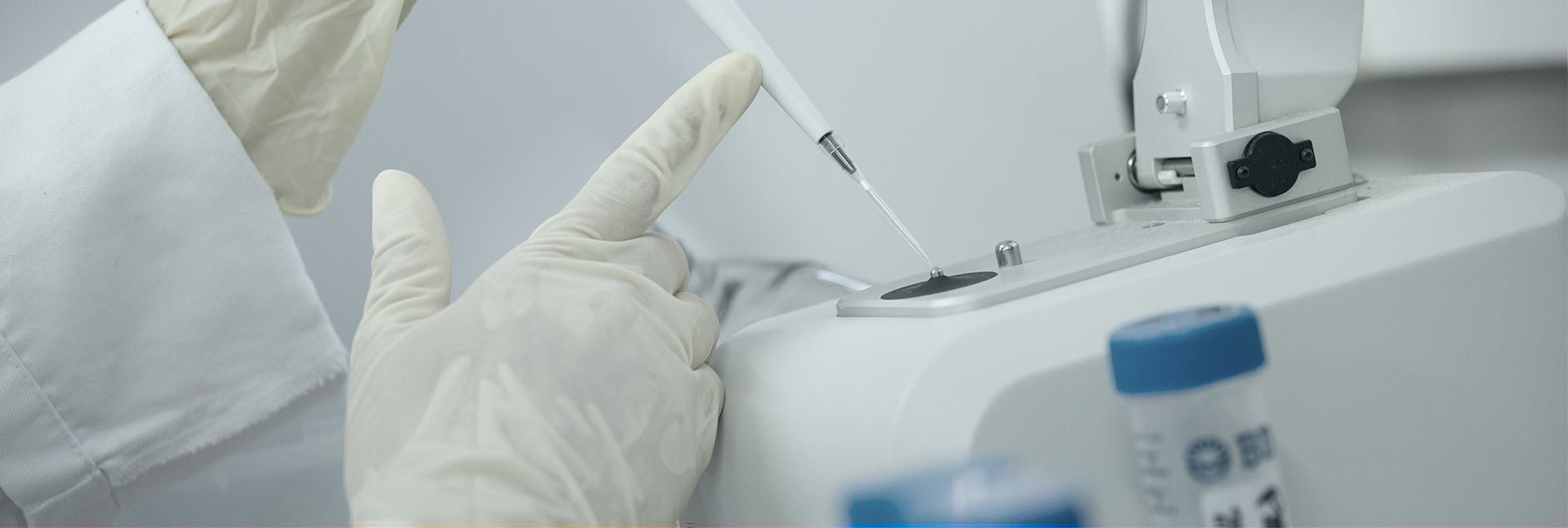Expert Advice in Early Stage Monoclonal Antibody Development
Identifying a novel target is the starting point towards the development of a new therapeutic antibody. Early steps of preclinical development remain key to ensure maximum chances of future regulatory driven and clinical development. MImAbs has gathered the know-how of scientists with many years of experience in the early-stage development of mAbs.
Target assessment and strategic planning
Target evaluation. Performed on the basis of the biology and expression profile of the target protein, in the framework of a proven experience and knowledge of immunotechnology and immunotherapies.
Development plan. Established in collaboration with expert scientists to optimize the R&D process of a novel antibody.
Antibody generation
Immunization strategies. Best immunogens and host species dependent on the molecular nature of the target.
Format and design. Choice of the isotype or mutant Fc. Antibodies that will act as immune-modulators are either blockers (with IgG4 or Fc silent formats) or agonist (different mutations can be chosen). Direct cytotoxic effect of naked mAbs can be optimized with Fc mutations. Point mutations can favour site specific conjugation for different toxins. Other formats (full length vs. fragments, bispecifics, etc.) can also be discussed.
Humanization. Best candidates are humanized and designed to optimize developability
Antibody validation
In vitro strategy. Specific assays can be developed as needed.
Surrogate vs. knock-in models. This critical choice depends on the tissue cross-reactivity, the degree of conservation between human and mouse of the targeted protein and its function.
Indication and mouse model selection. MImAbs can provide advice on indication selection, mouse model selection, comparator use….
Combination therapies. Knowledge and design of antibodies for combination therapies (doses, timing…) with immune modulators anti-PD-1/PD-L1 or anti-CTLA4; evaluation of relevance within the tumour micro-environment.
The development process
Precise Timing and adequate resource allocation are critical in pre-clinical development.
Progression assessment through complete reports that gather project information, the “Go-no-go” decision milestones, and a regular contact with project managers.
